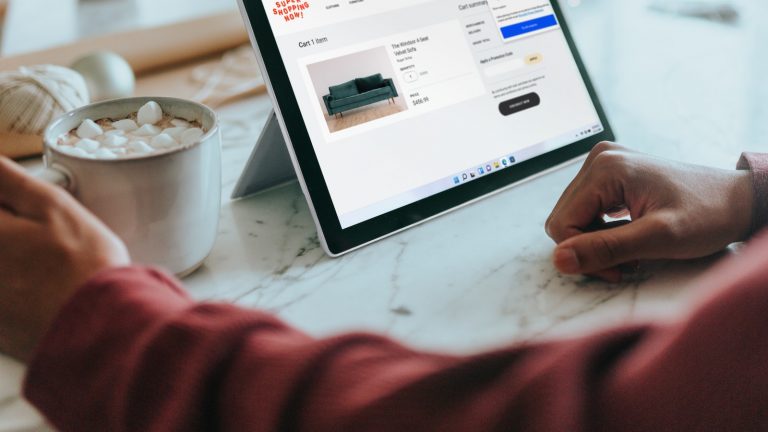Forex Future Trading: Exploring Trading Options in Forex
futures
Forex futures trading is a type of investing wherein investors commit to purchase predetermined amounts of foreign currencies at designated prices and specified times in the future. This type of trading enables investors to speculate on currency pairs’ future movements in the forex market and hedge against foreign currency volatility. By purchasing a currency futures contract, investors lock in the exchange rate for a particular time period and limit their exposure to market volatility. Currency futures can offer investors desirable hedging opportunities, and can be used to diversify foreign currency investments.













